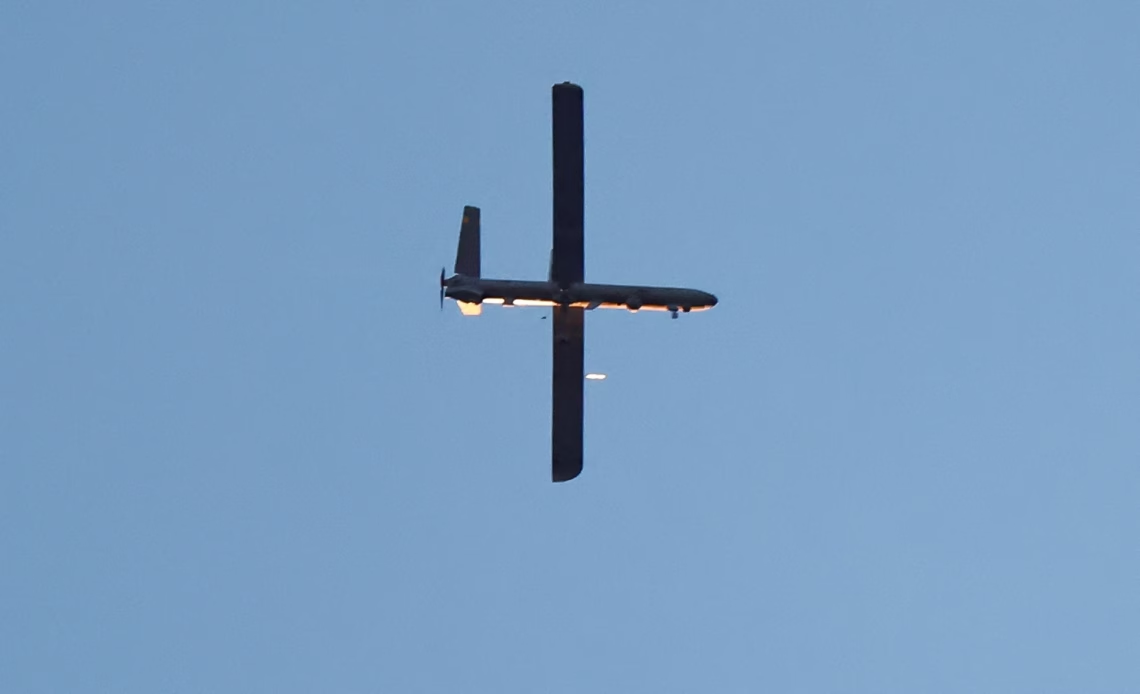Since the ceasefire has gone into force, the skies in Gaza have changed. There is an unusual stillness. We do not hear Israeli fighter jets or helicopters any more. The quadcopters are also gone, but the drones – the “zanana” – remain.
The buzzing of Israeli drones is unmistakable. It has been a continuous companion for us in Gaza for many years as Israel developed its drone technology using us as test subjects.
During the genocide, the proximity and volume of the buzzing intensified, sending a clear message: The drones hungered for the souls of Gaza’s residents. For 15 months, these flying machines controlled where we went, what we did and who lived or died. It felt like the occupation had placed a surveillance camera over each living soul in Gaza. It felt like the drones outnumbered the birds in Gaza’s sky.
For 15 months, the buzzing sound never stopped – day or night. It would embed itself into the heads of the people of Gaza, both young and old, and torment them. It would devour our sanity and our optimism that the war would ever cease.
Under the swarm of drones in the sky, even the simplest of activities was a challenge. As you cooked a meal, the sound would create a dark backdrop, disrupting your concentration. You would lose your cool and burn what little food you had.
The drones would wreck your nerves, irritating you and other members of the family, causing tension and escalating arguments.
An older woman at the camp where we stayed once told me, “The drone is eating my mind.” She thought of the continual buzzing as a chronic, incurable headache. It would get worse at night, piercing her brain and depriving her of sleep. If she fell asleep, she would have nightmares about bombing and destruction.
Drones terrorised not just with their buzzing and surveillance but also with arbitrary mass killing. Being outside after dark meant you risked becoming a target. So just before nightfall, Palestinians would rush back to their tents and take shelter. Children, who would normally play outside, would also stay put.
At night, if you felt the need to go to the toilet, you would have two options: wet yourself or risk your life to relieve yourself. Panic and fear would take over your mind as you pressed on your bladder, trying to hold it in.
I knew of several families who used buckets at night to relieve themselves and emptied them in the morning.
Bathing, too, became a dangerous matter in the displacement camps. One could not risk starting…

